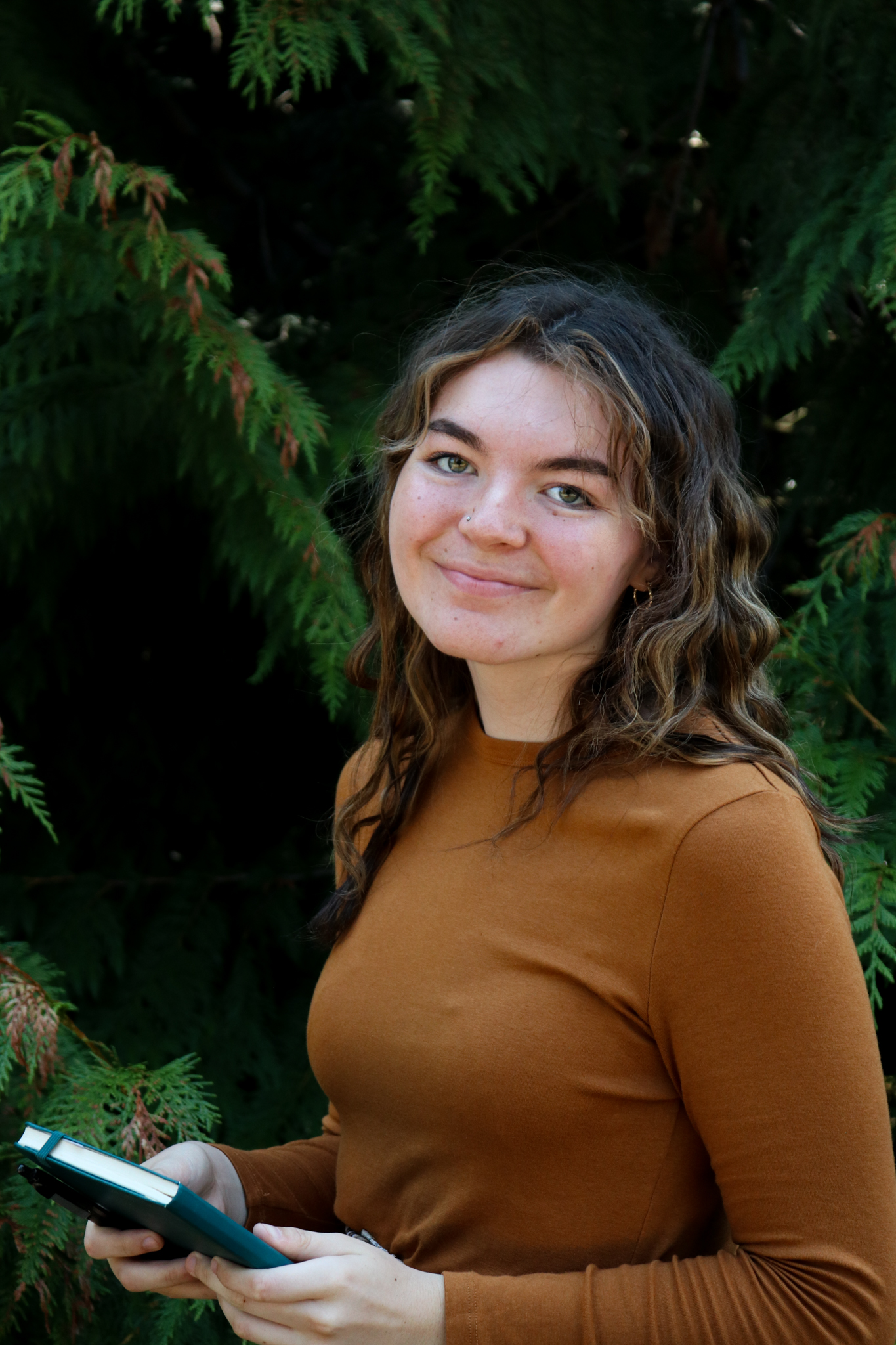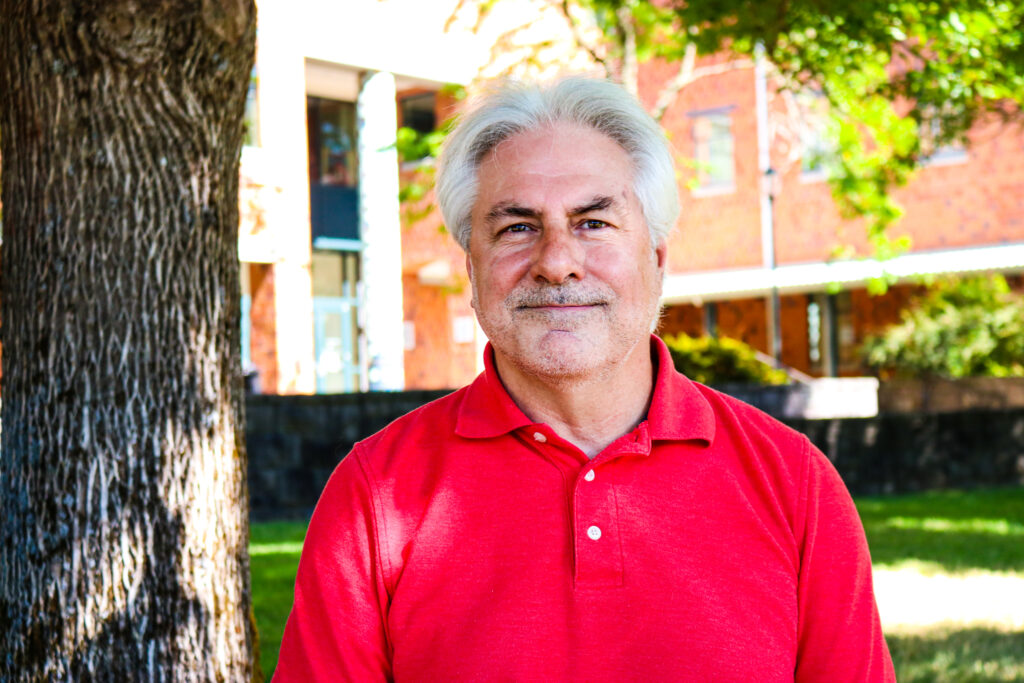With addiction and binge drinking increasing at a rapid rate, alcoholism has become a serious concern among U.S. college students. Analyzing substance abuse statistics and connecting them to various demographics, one WSU Vancouver professor suggests why these numbers might not be so consistent across the board between different populations.
Psychology Professor Art Blume has been working at WSU Vancouver for 11 years, and currently researches how microaggressions, prejudice and discrimination impact People of Color’s increased substance abuse, specifically within American Indian and Alaska Native communities. Blume says his research derives not only from a professional standpoint, but through personal interest, noting his origin being from a family background of substance abuse and addiction.
“I came from a family where substance abuse was pretty common, and I am American Indian, so there’s a natural gravitation in that way too,” Blume said.
While traveling to multiple reservations in Washington, and out of state, Blume collects data by performing mixed methods of both quantitative and qualitative research. Additionally, an important aspect of his testing is utilizing community-based participatory research, a model allowing scientists to engage with communities and help them become more involved when bettering the mental and physical health of their residents.
“[Community-based participatory research] is a real focus on engaging community partners as equals, and the kind of research that we carry out. Those particular methods try to prevent the ethical violations that have occurred in the past and work with these particular populations that tend to be more vulnerable,” Blume explained.
Spending significant time interviewing and receiving self-reports from Black Indigenous People of Color, Blume discovered microaggressions and anxiety symptoms serve as a substantial link for the causes of increased binge drinking among Indigenous students. According to the American Addiction Centers, factors related to excessive alcohol use among Indigenous people could pertain to using drinking as a coping mechanism for economic disadvantages, cultural loss and historical trauma. This evidence, in turn, corresponds with Blume’s findings.
“There are a lot of environmental circumstances in society that negatively affect BIPOC individuals. Racism is obviously one, and xenophobia is another. Racism is expressed in a variety of different ways. … That’s what we are seeing in the study related to microaggressions,” Blume stated. “Another formula is stereotypes and stereotype threats that actually impact people’s drinking behavior. [Additional research looks] at how racism was linked to people’s overdrinking and consequences related to that.”
“For Native Americans, there is a very clear relationship between experienced racism and triggers for more significant drinking events.” – Art Blume
With conclusions drawn from his research on addictive behaviors, Blume hopes these findings help psychologists develop practices. Ultimately, resulting in improved treatment that appropriately serves Indigenous communities, based on their individual beliefs and customs.
“What we focus on is how we can improve the culture of treatment and prevention. … [We look at] whether there are appropriate culturally relevant resources in those environments that make clients feel welcome [and if] there are ways that can address the microaggressions of people’s experience and treatment, so that those are reduced over time,” Blume said.

Similarly to incorporating these attitudes within healthcare systems, Blume suggests allies adopt these strategies when returning to campus this fall. By making students of color feel welcomed, and calling out racial discrimination and hate crimes when present, he says bystanders can make a huge difference toward improving the university’s social climate.
“The pandemic has generated a great deal of hate behavior. In some cases, it’s been record levels of hate behavior, hate crimes and discrimination towards others. So, as we gather for the first time collectively this fall, one thing that would be helpful as for white allies is when they see acts of discrimination towards People of Color on campus they stand up for those people,” Blume explained.
There is no single answer to ending the epidemic of binge drinking amidst college students, however, Blume advises peers, staff and faculty to pay more attention to the state of their campus culture, while fostering a safe social environment for minority demographics that are ignored among systemic problems tied to racism and addiction. Continuing to celebrate diversity within the WSU Vancouver community holds immense importance and, according to Blume, a huge factor in sustaining our campus’s well-being.
Editor’s Note:
For more information on how to receive help with substance abuse and addiction, please refer to the Substance Abuse and Mental Health Services Administration website, samhsa.gov, to find available treatment options in your area.

Emily is a senior studying integrated strategic communication at WSU Vancouver.
